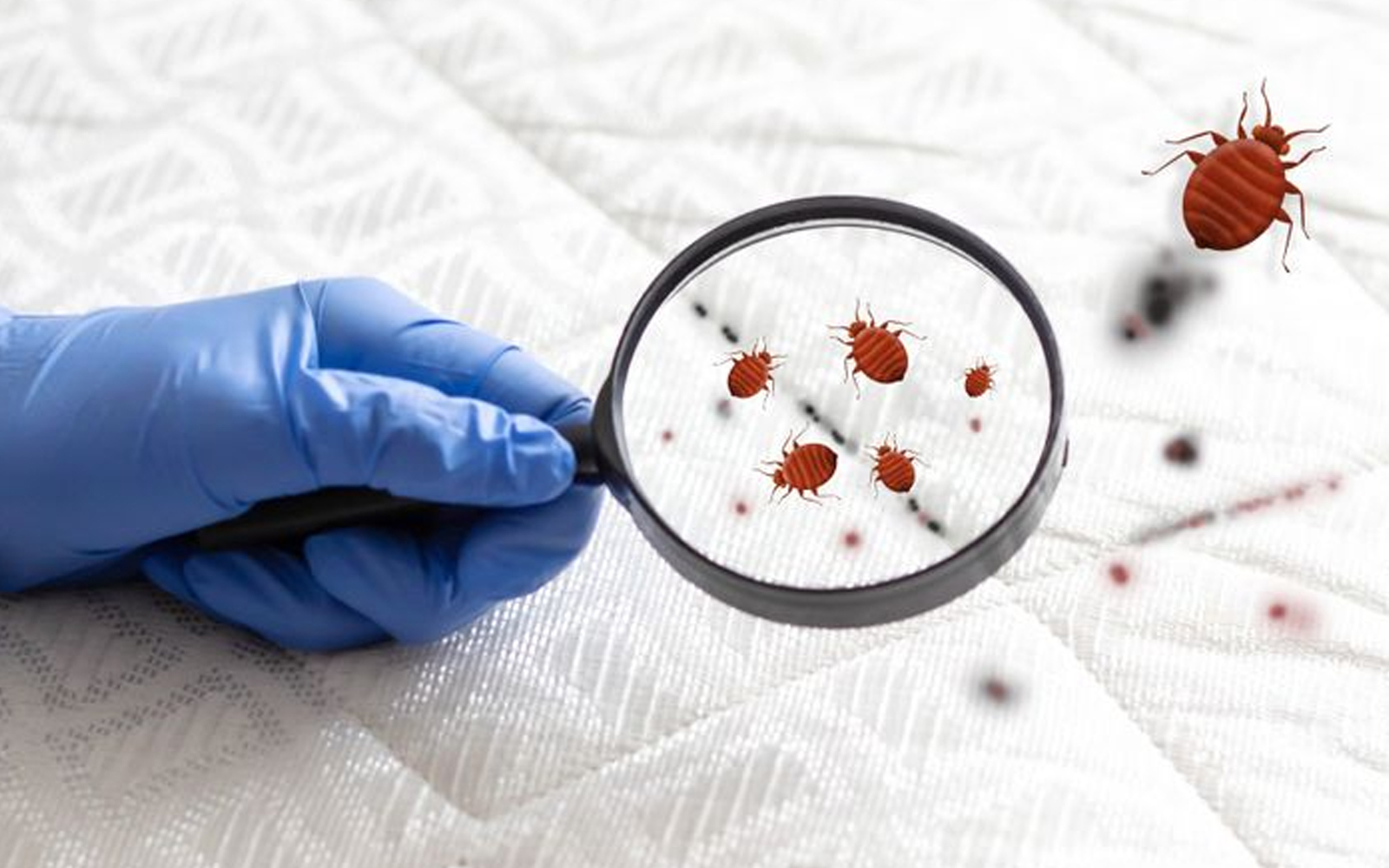
Bed bugs are usually active at night, tiny in size, and their presence can be both physically and mentally exhausting. Despite their small size, they can become a big problem.
These tiny blood-sucking insects are often found in bedrooms, where they cause irritation and itching during the night.
Although they don’t spread diseases, bed bugs can cause significant discomfort and psychological stress. They are extremely resilient, making them difficult to eliminate, often requiring professional extermination.
How to Identify Bed Bug Bites
Bed bugs are flat, oval, and reddish-brown when filled with blood, about the size of an apple seed. While typically active at night, they hide during the day in mattress seams, cracks, and crevices.
Signs of their presence include small red bite marks on your skin and tiny brown or red stains on bedding or mattresses, indicating blood or fecal matter.
Health Concerns
While bed bug bites don’t transmit serious diseases, they are painful and leave itchy spots. People with sensitive skin may even develop an allergic reaction. Continuous exposure can lead to anxiety or sleep disturbances for those living in infested areas.
Eliminating bed bugs is challenging due to their resilience. Traditional insecticides aren’t always effective. Thorough cleaning and treating affected items, such as washing them at high temperatures, can help, but professional help is often needed.
Exterminators typically use heat treatments, steam, or specialized chemicals to ensure complete removal. It’s crucial to monitor the area after treatment and take preventative measures.
To avoid bed bugs, carefully inspect hotel rooms while traveling, especially the mattress and bedding. Keep luggage off the floor and ideally in a closed space.
When purchasing second-hand furniture, always inspect it carefully to avoid bringing bed bugs into your home.


